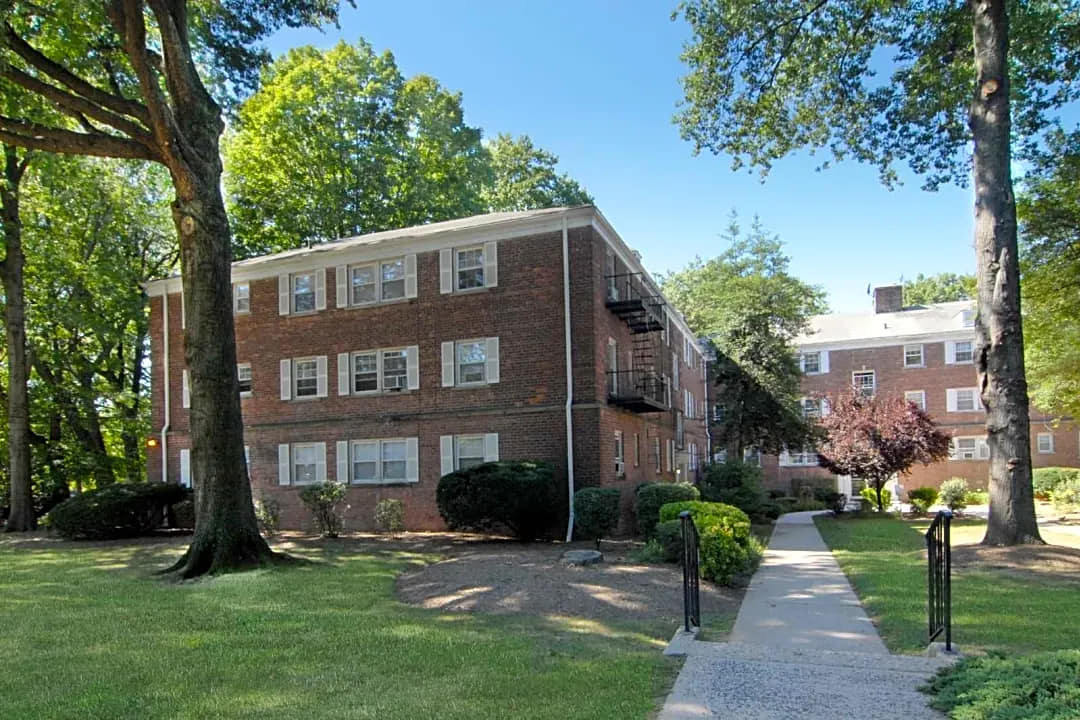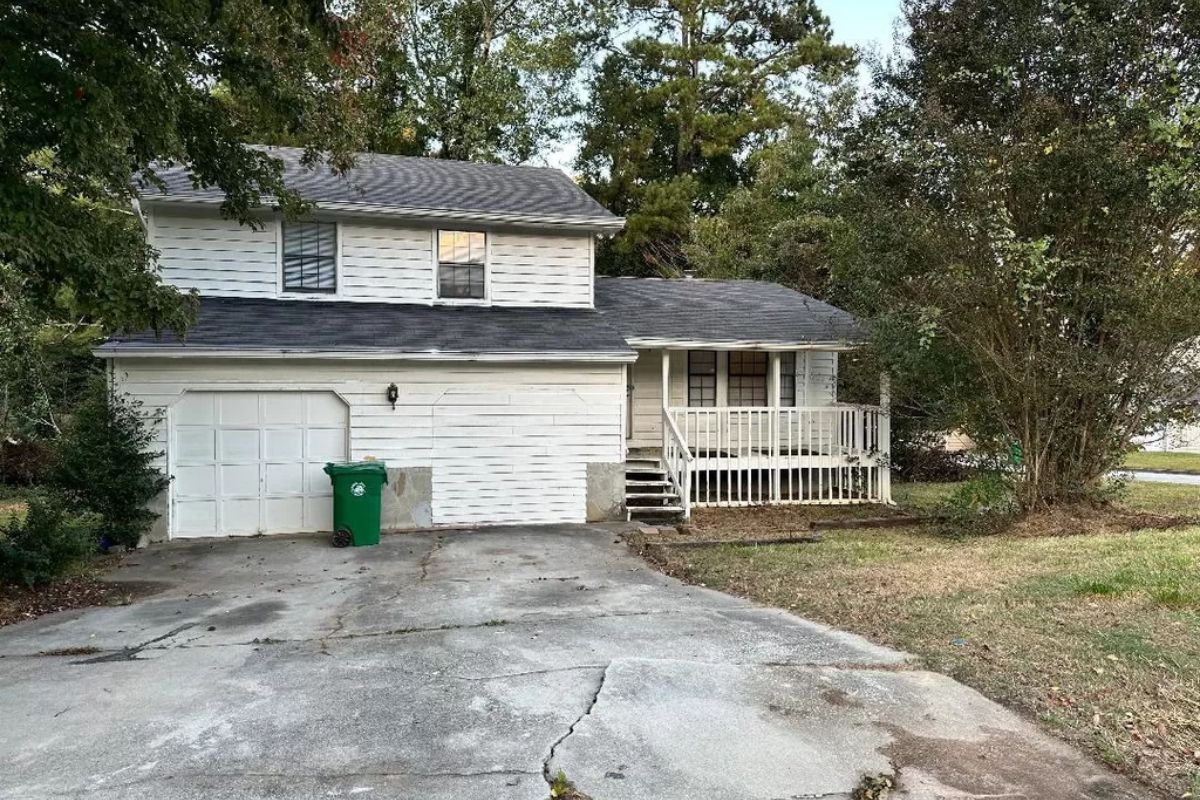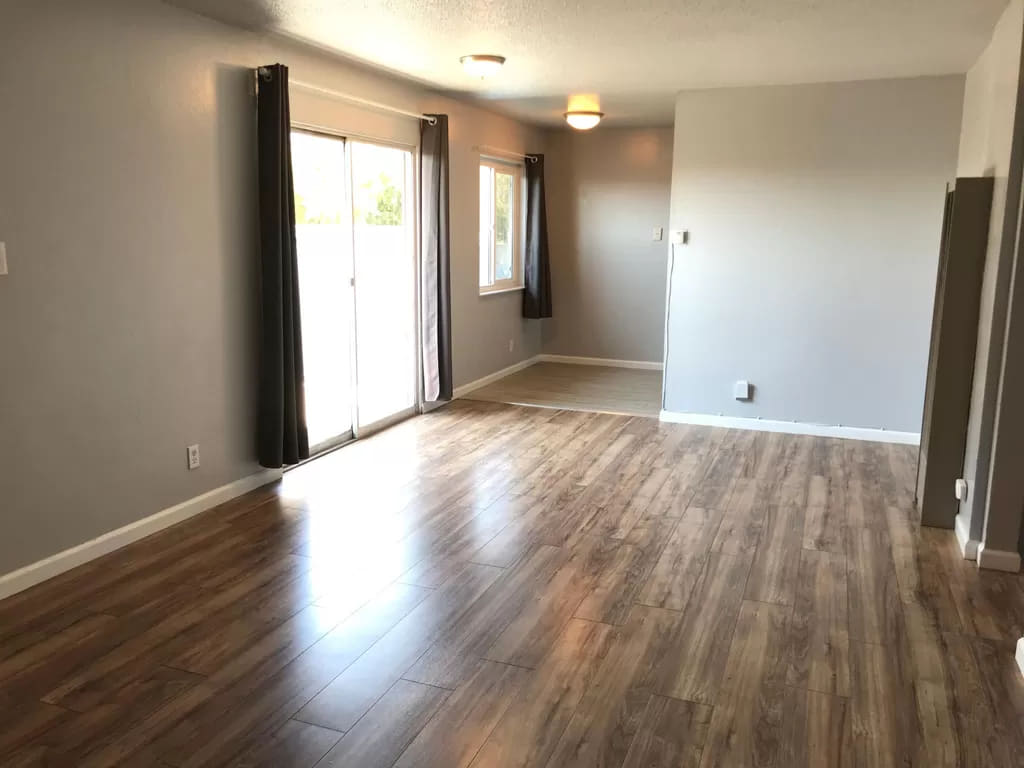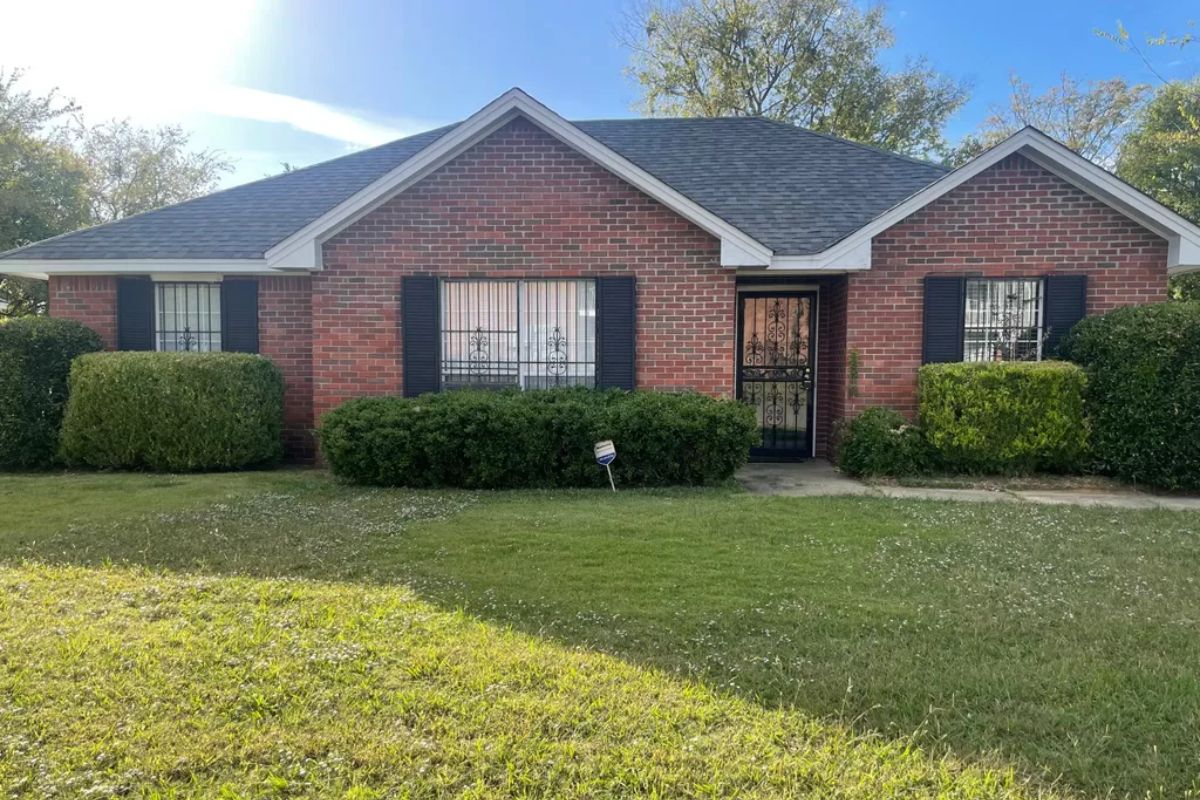Rental properties, just like any other investment, come with their own share of risks and responsibilities. That’s why landlords need unique insurance to cover them. Let's say you wish to rent out the property full-time to a tenant - what insurance coverage is necessary to safeguard your property while tenants live there?
%20%7D%7D)
This is where landlord insurance comes in. Insurance for a rental property owner is to protect property owners against risks involved in renting out, such as property damage, liability claims, and loss of rental income. Continue reading below as we discuss insurance coverage for rental property owners and other valuable information.
What is Landlord Insurance?
Landlord and home insurance are great tools to protect homeowners against financial hardship when their property is destroyed or damaged. Generally, it all depends on who lives there and whether a property has enough coverage from homeowners insurance or needs landlord insurance. Even with this, it's unlikely that a typical home insurance policy will pay for lawsuits filed against owners related to the rental property or damage to the property.
Most home insurance policies offer protection when the building’s owner resides there. Professional Property Management in Northern Virginia understands that purchasing landlord insurance is necessary to protect a rental investment. So, even in situations where the property owner does not live there, a landlord's insurance policy can be considered as an added layer of protection for the home investment.
For example, landlords may rent their home and go on a trip for several months. A tree can smash your windows during a storm while you're away or when tenants are occupying your rental home. In this instance, the homeowners' insurance policy will not cover the window damage. Home insurance policy may list such an incident labeled as peril, but since owners weren't residing there when the damage happened, the coverage may not have applied. This can leave owners to cover the cost of the repairs out of their pocket if they do not have landlord insurance.
Reasons You Need Landlord Insurance
-
Property Damage
No matter how well you prepare, accidents still happen, and there may be damage caused by tenants. Anything from a bathroom pipe burst to an accident involving a broken home appliance, such as a washing machine or dishwasher, could be the cause. The purpose of landlord insurance is to protect owners from these problems.
A good policy can cover some repairs up to a certain amount only. Rental investments come with risks that could be mitigated with a good insurance plan. The insurance policy offers a safety net and peace of mind when paying for repairs for water damage, replacing damaged appliances, and taking care of any mold issues that may arise.
-
Liability Protection
Landlords can be held accountable if a tenant gets hurt within the property. This is where landlord liability insurance can protect owners from the cost of the tenant’s medical care and legal defense. To help owners handle the financial effects of personal injury claims and property damage lawsuits, this coverage may also include legal defense costs if owners are sued.
-
Loss of Rental Income
Landlord insurance is useful in covering the loss of rental income if damage from a covered event renders the rental property uninhabitable. Up to the policy limits, this coverage normally compensates for the rent landlords would have received during the repair period.
For instance, landlords might receive reimbursement for up to a year's worth of lost rental income if a fire accident damages the property and repair is required. Landlord insurance can act as a cushion to ensure that money keeps flowing in the right direction because many real estate investors use that rent to pay the mortgage of the property.
Factors that Affect Cost of Landlord Insurance
-
Location
The location of the rental property plays an important role when it comes to the cost of landlord insurance. Due to the increased risk of damage, some properties located in areas vulnerable to natural disasters such as hurricanes, earthquakes, or floods will most likely attract higher premiums. Another important factor is also the crime rate in the area where the property is; higher crime areas usually translate into higher insurance premiums to cover potential theft or vandalism.
The cost of insurance can also be affected by one’s proximity to emergency services, such as police and fire departments; in general, closer proximity results in cheaper premiums. Moreover, insurance rates may be affected by local building codes and regulations, especially if they demand more expensive building materials or safety features. Knowing how the location affects insurance costs helps with informed decision-making.
-
Value
Property owners should be aware of several important factors that determine the landlord's insurance premium. Aside from the property location having a significant influence on premiums, another important factor is the property's condition and value. Old and higher-value properties normally attract higher premiums. Also, costs are further impacted by the types and limits of coverage you selected, such as additional liability or loss of rental income coverage. However, having safety features like fire alarms and security systems can lower insurance premiums.
-
Type of Property
The type of property also has an impact on the cost of landlord insurance. Single-family homes, multi-family units, apartments, and commercial properties each carry different risk profiles. Multi-family apartments, for instance, might have higher premiums because of increased foot traffic and a greater chance of tenant-related problems.
In the same way, newer constructions may benefit from modern safety features, which lowers insurance costs, while older buildings may be more expensive to insure due to old-fashioned structures and systems. Property owners should note that the location of the property is also important. Therefore, the usage and unique qualities of the rental property have a direct impact on insurance prices.
-
Claims History
Claims history can influence the cost of landlord insurance. Previous claims are often considered by insurers when determining the probability of future claims. This way, premiums will increase if the insurance company sees the owner as a higher risk due to a history of large or frequent claims.
This is due to the possibility that a pattern of claims indicates that problems with the property could be common or potential to file more claims in the future. On the other hand, since it represents mindful property management and a reduced risk for the insurer, a clean claims history can result in reduced premiums.
Conclusion
Securing the right insurance coverage is crucial for rental property owners to protect their investments from all types of risks. Landlord insurance is important if you own rental property or are still in the process of considering renting out your property.
Landlord insurance provides important financial security and peace of mind by protecting you against liability claims, property damage, and loss of rental income. Choose a policy more wisely if you are aware of the factors that influence the price of landlord insurance, such as location, property value, kind, and claims history. Protect the rental property and guarantee long-term profitability and stability in your investment by carefully weighing these factors and selecting the right coverage.





